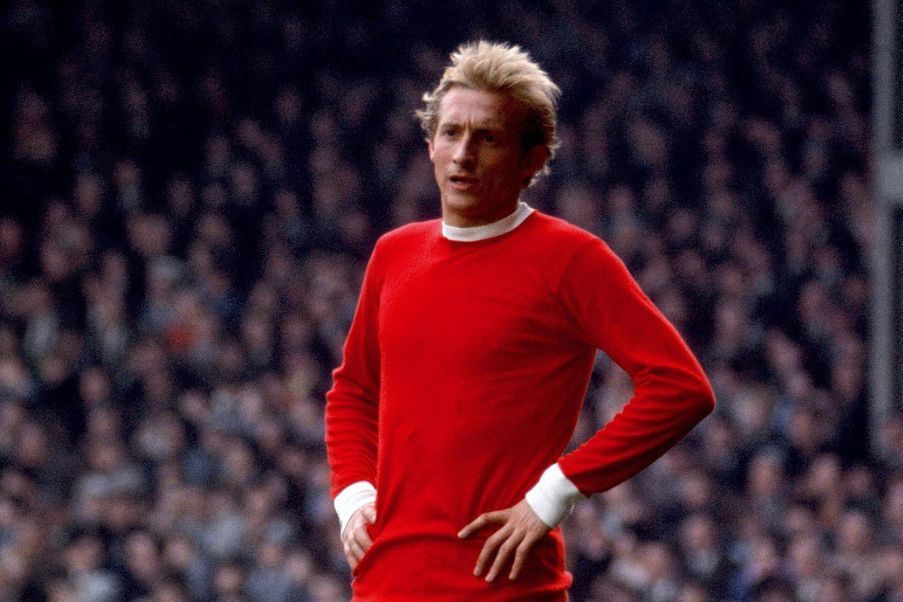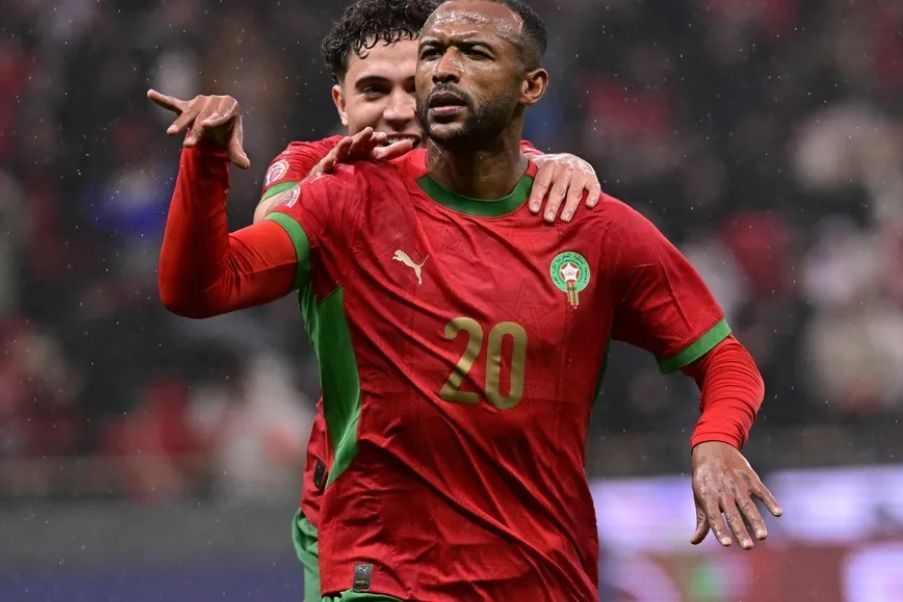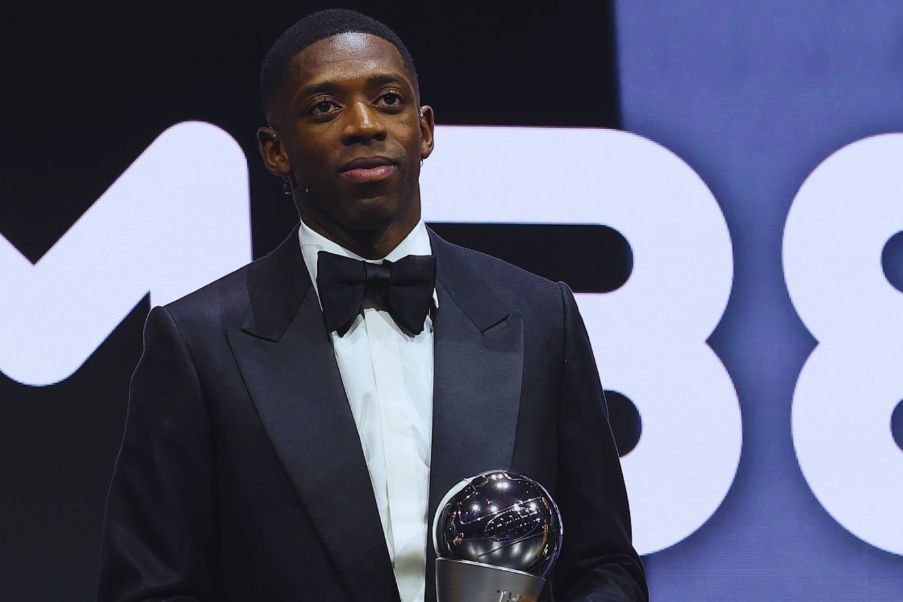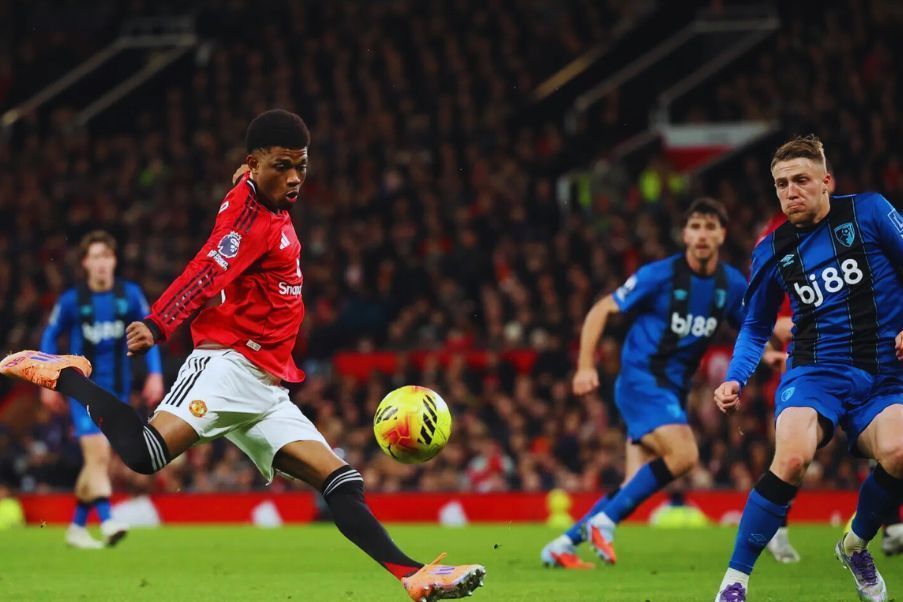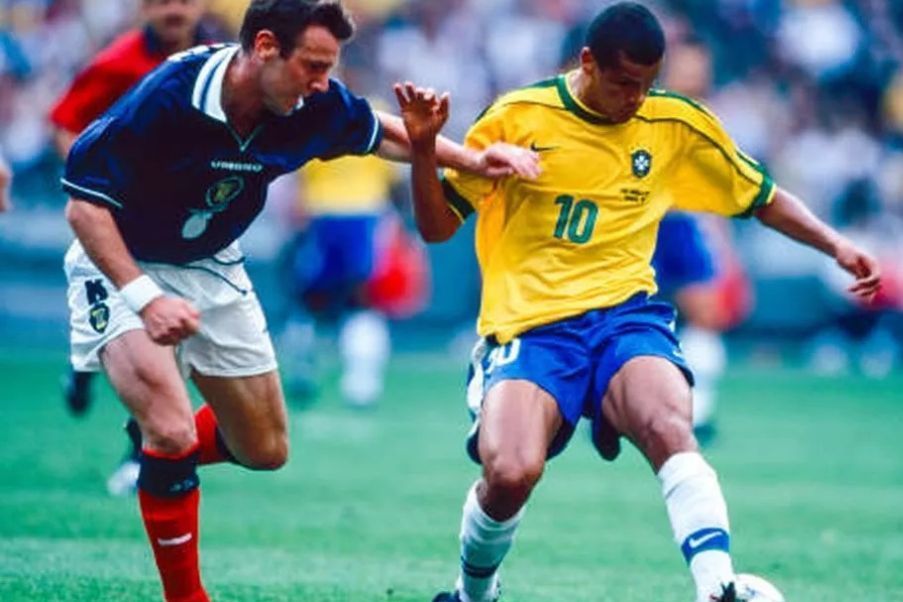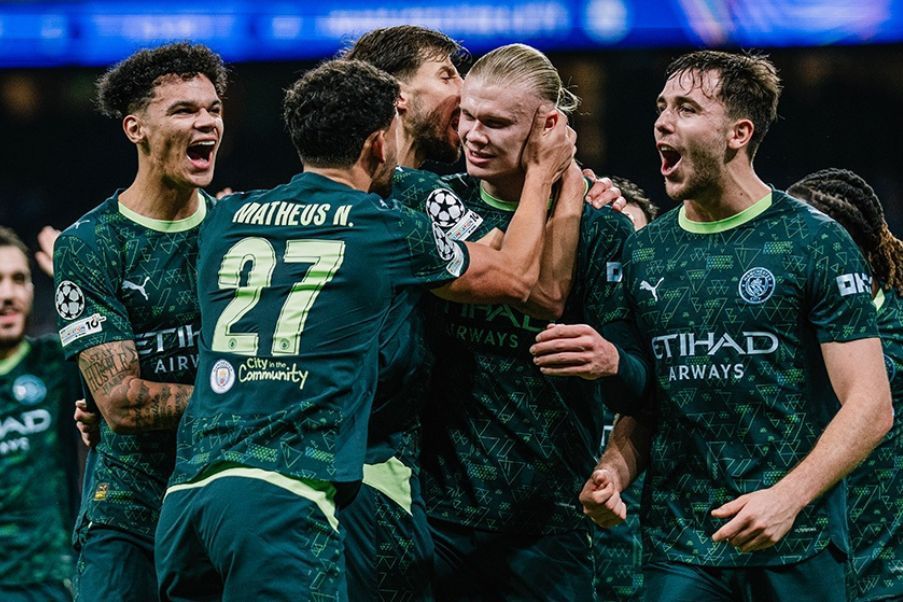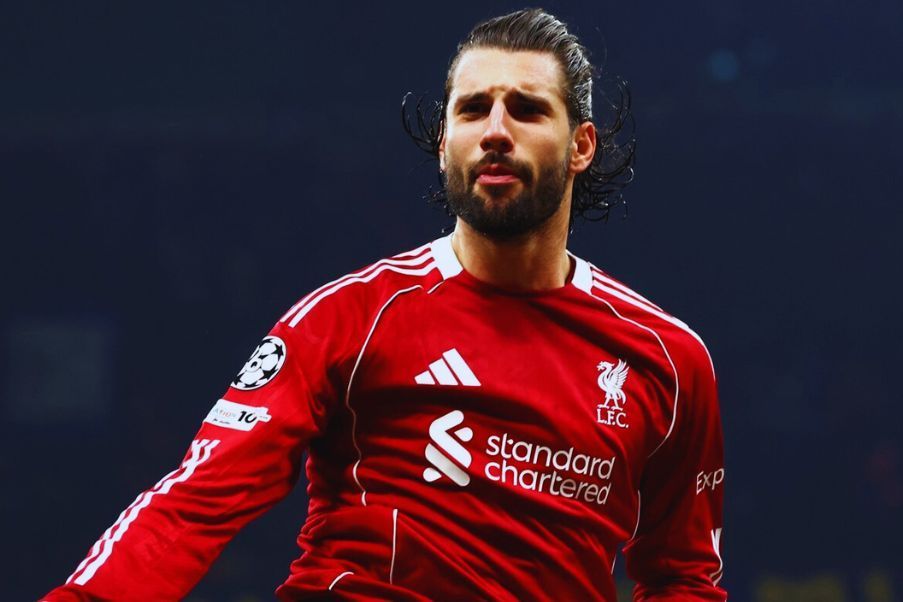The third member of the "Holy Trinity" is gone, the Scottish center forward, Dennis Law
He was idolised by United fans of all ages, but particularly by those who every home game squeezed into the heaving, swaying mass of humanity that was the Stretford End during the 1960s.
Everyone at Manchester United is mourning the loss of Denis Law, the darling of the Stretford End, who has passed away, aged 84.
To describe Denis as one of Manchester United’s, and football’s, all-time greatest players doesn’t seem sufficient an accolade. This son of an Aberdonian fisherman, who went on to perfect the art of scoring goals, attained a status in the game that very few have gone near to matching.
He was idolised by United fans of all ages, but particularly by those who every home game squeezed into the heaving, swaying mass of humanity that was the Stretford End during the 1960s.
Remarkably, he is the only man to have two statues dedicated to him at Old Trafford (one on the Stretford End concourse) , the other as part of the United Trinity statue overlooking the stadium’s forecourt where he’s immortalised alongside fellow greats George Best and Sir Bobby Charlton. Both stand as testament to one of the Reds’ truly legendary figures. JOINED in United in 11 Jul 1962.
The ultimate goalscorer, his flair, spirit and genuine love for the game made him a hero of a generation and he revelled in the nickname ‘The King’. His reign as a player lasted for 13 years.
Denis Law first game
The first time United fans saw Law score for the Reds was on 18 August 1962, on his debut against West Bromwich Albion. He was to repeat the feat a further 236 times for United, many of those celebrated with what became his trademark – arm in the air, hand clutching his sleeve, finger pointing at the sky. It was a move recreated on the playground by thousands of children up and down the country, no matter their allegiance.
Law’s ( BIRTH 24 Feb 1940 , Aberdeen) journey to Old Trafford followed a long and winding road. Starting off at Huddersfield Town in 1955, he signed for Manchester City for a British record fee in 1960 and moved to Torino, in Italy, the following year.
He didn’t take to Italian football and, one year later, Matt Busby enticed him back to Manchester ( this time to play in the red of United, joined 11 Jul 1962) . By that point, he was an international regular, having been handed his first Scotland cap in 1958, at the age of 18.
A goalscorer in the 1963 FA Cup final as United defeated Leicester City 3-1, it was his sixth of the tournament. He was just getting started. Thirty goals in 41 games, in the following season, saw him finish as United’s top scorer again as the Reds won league titles in 1965 and 1967.
Ballon d’ Or 1963
He was a member of, and scored, for the Rest of the World side that played England in the Football Association Centenary match at Wembley in 1963 and, a year later, was presented with the Ballon d’Or after being named European Footballer of the Year.
Devastatingly, injury deprived him of a place in the 1968 European Cup final side. Law was recuperating in a Manchester hospital, following an operation on his injured knee, as his team-mates were defeating Benfica, 4-1 after extra-time at Wembley. The following day, he had a bedside visitor – Matt Busby, along with the European Cup.
The United side of the time struggled to match the highs of Wembley and, with Tommy Docherty installed as the new manager and the rest of the 'United Trinity' – Best and Charlton – now departed, Law rejoined Manchester City on a free transfer in 30 Jun 1973 .
The final goal of his career came towards the end of the infamous derby match when his backheeled shot gave City victory and compounded United’s already confirmed relegation. This touch was his final one in league football as he asked to be substituted immediately, cutting a forlorn figure as he left the field, mobbed by invading Reds. Denis later talked about this incident, admitting: “I have seldom felt so depressed as I did that weekend.”
Denis Law
He retired from football after the 1974 World Cup finals in West Germany, where he made the last of his 55 appearances for Scotland, having scored a record 30 goals – an achievement he shares with Kenny Dalglish. He also held the record for the most FA Cup goals (41) before it was passed by Ian Rush in 1996.
While his tenacious style often fell foul of referees ( he once sat out a pair of month-long suspensions in the space of a year ) he played football the way fans would have played if they had his limitless talent, combining the spectacular with the impudent.
His great friend
George Best described him as: “Up there with the all-time greats. Electric. As a bloke and as a pal he’s different class.” United fans around the world will echo those sentiments, as we mourn one of the all-time greats.

Manos Staramopoulos
Journalist and Analyst of International Football and Affairs
Chief Editor English Zone of Discoveryfootball.com
Athens (Greece)




